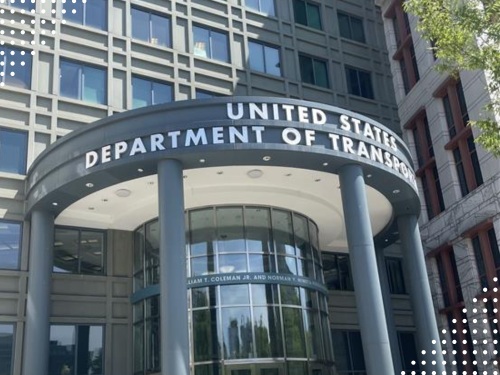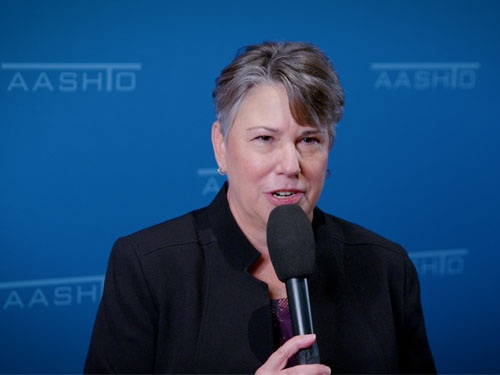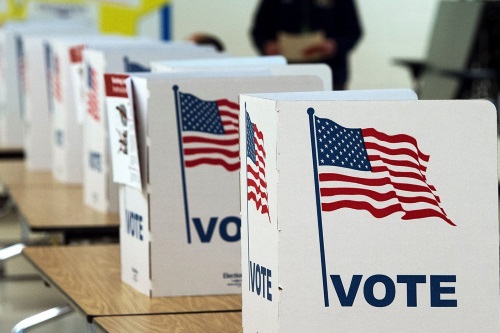Voters approved almost 90 percent of 305 state and local transportation funding measures placed on 19 state ballots during the November 5 election this year.
However, voters in Washington State endorsed a measure that will reduce revenues from certain motor vehicles taxes and fees used mainly to fund public transit needs, while Colorado voters rejected a measure to use any taxes collected beyond the revenue cap to fund education and transportation initiatives.

Overall, though, the 270 approved initiatives are expected to generate more than $9.6 billion in one-time and recurring tax revenue for transportation needs, according to an analysis conducted by the American Road & Transportation Builders Association’s Transportation Investment Advocacy Center, though the group stressed in a statement that the final results for two measures in Texas are still pending.
Those 305 measures comprise the largest number ever for an odd-numbered, off-year election, according to ARTBA-TIAC. And although historically most transportation measures are put on the ballot in even-numbered years when congressional or presidential elections drive higher turnout, the organization said an increasing number of measures are being considered by voters during odd-numbered years and primary elections.
There were 57 measures in 12 states that would raise over $20 million each, compared to 21 measures in 2017. Of that total, 89 percent were approved, ARTBA-TIAC noted. Meanwhile, of 25 measures that would raise over $100 million, voters approved 92 percent of them, the group said.

Of the local ballot measures, most (302 of 305) were property tax increases, primarily in Ohio (154) and Michigan (15), where many municipalities consistently ask voters to renew such assessments to pay for local roads and infrastructure repairs.
The approved measures will provide $7.7 billion in new transportation resources and $1.9 billion in continued funding through tax extensions, renewals, or protections, ARTBA-TIAC said.
Some of the largest successfully-passed ballot measures in terms of dollar amounts included approval of a $105 billion transportation bond in Maine by a 76 percent to 24 percent margin; Maine’s seventh successful transportation bond in eight years, ARTBA-TIAC pointed out.

However, Washington State voters endorsed by a 56 percent to 44 percent margin a measure that reduces or repeals certain motor vehicle taxes and fees – known as “car tabs” – and removes the authority to impose certain new fees without their approval; a decision expected cost the state nearly $4.3 billion in state and local transportation revenue over the next six years.
In response, Washington Governor Jay Inslee (D) directed the Washington State Department of Transportation to postpone projects not yet underway. He also asked other state agencies that receive transportation funding, including the Washington State Patrol and Department of Licensing, to defer non-essential spending.
“It is clear that the majority of voters objected to current car tab levels,” the governor said in a statement. “It is also clear that this vote means there will be adverse impacts on our state transportation system.”
 Top Stories
Top Stories
USDOT Makes $1.5B Worth of BUILD Grants Available
December 19, 2025 Top Stories
Top Stories

